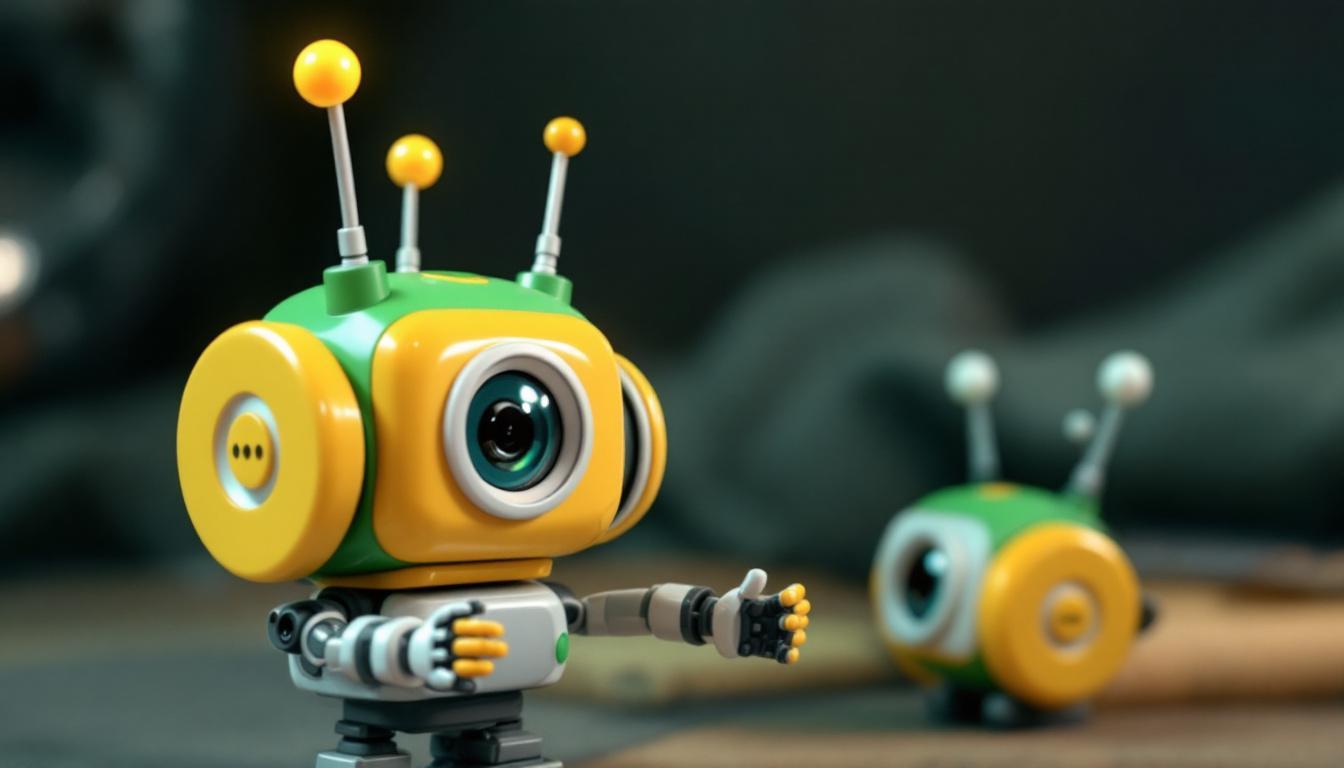A grassroots revolution in robotics is gaining ground, making advanced, AI-powered machines more accessible than ever. At its heart is Reachy Mini—a desktop-sized open-source robot launched by Hugging Face and Pollen Robotics, priced between $299 and $449. With orders set to begin shipping in late summer 2025, Reachy Mini offers hobbyists, students and educators a practical entry point into AI and robotics.
Standing just 11 inches tall, the robot is designed to be approachable rather than industrial. It features a motorised head, rotating body and animated antennas, enabling expressive interaction. Built-in cameras, microphones and speakers support multimodal communication. Buyers can choose between a Lite model, requiring a separate computer, or a Wireless version powered by an onboard Raspberry Pi 5 with battery and Wi-Fi. Both arrive as DIY kits, encouraging hands-on learning.
What sets Reachy Mini apart is its direct integration with Hugging Face’s ecosystem of over 1.7 million AI models and 400,000 datasets. Users can tap into these tools to programme conversations, object recognition and behaviour customisation, primarily in Python, with JavaScript and Scratch support in development. The robot comes with more than 15 pre-built behaviours that can be downloaded and adapted, fostering a growing user community.
The initiative is anchored in Hugging Face’s LeRobot platform, a toolkit designed to democratise physical AI. LeRobot includes pretrained models, datasets and simulated environments tailored to imitation and reinforcement learning. Advocates have likened its impact to an “ImageNet moment for robotics,” unlocking large-scale collaboration and accelerated learning across borders.
Hardware innovation is also accelerating. K-Scale Labs’ K-Bot, a 4’7” humanoid with 26 motors and an open-source carbon fibre frame, is priced at $8,999. More compact offerings like Z-Bot and the sub-$3,000 HopeJr show how accessible design is expanding beyond labs and into living rooms.
This open, affordable approach contrasts sharply with proprietary robots from companies such as Figure AI, whose closed systems target high-end production. While Figure’s CEO has teased advanced communication capabilities, such technologies remain costly and largely out of public reach.
By contrast, companies like Hugging Face, Pollen Robotics and K-Scale Labs are promoting openness, rapid prototyping and community engagement. Benjamin Bolte, founder of K-Scale Labs and former Tesla Optimus engineer, described the ethos as: “Open-source everything, ship real hardware often, and foster a thriving developer ecosystem.”
This momentum aligns with broader industry growth. Analysts project the robotics sector will exceed $50 billion in the coming years, while Hugging Face expects 100,000 personal robot pre-orders this year alone. As robots begin to enter everyday spaces, Reachy Mini is poised to serve as a gateway for widespread experimentation and learning.
With a focus on affordability, expressiveness and ease of programming, Reachy Mini is helping to demystify robotics. Its growing user base is not only innovating in areas like education, domestic help and healthcare—but also deepening public understanding and trust in embodied AI.
As the UK positions itself at the forefront of ethical and open-source AI development, this grassroots robotics movement is laying the foundation for a more transparent and creative future—where robots are built by and for everyone.
Created by Amplify: AI-augmented, human-curated content.


